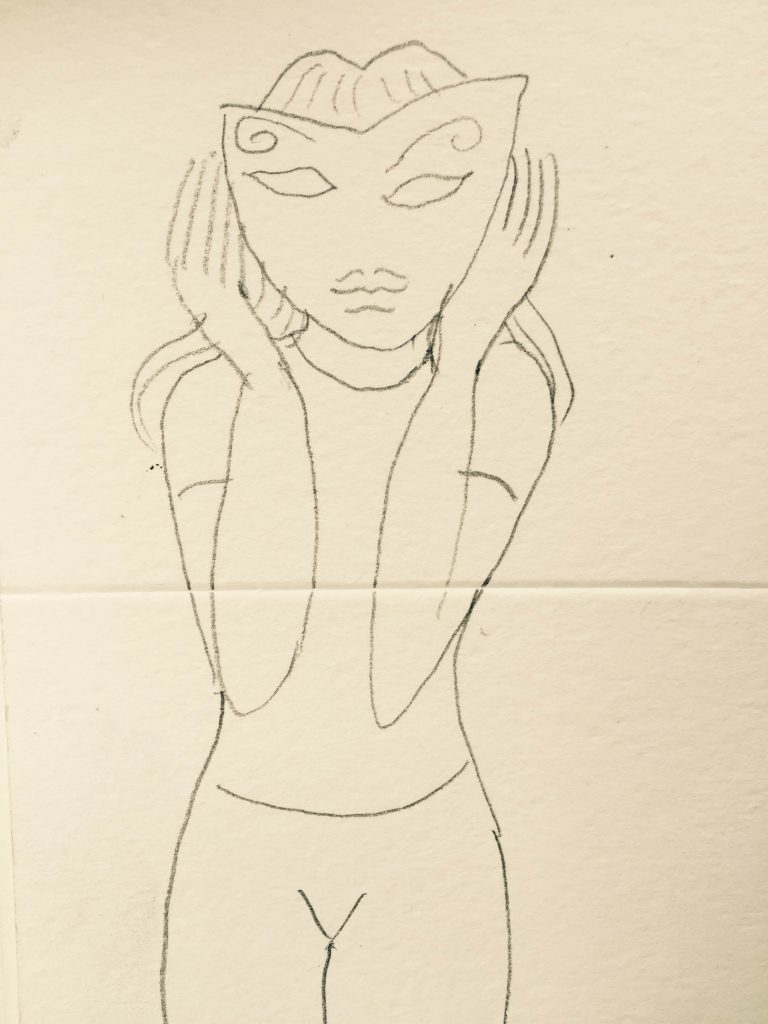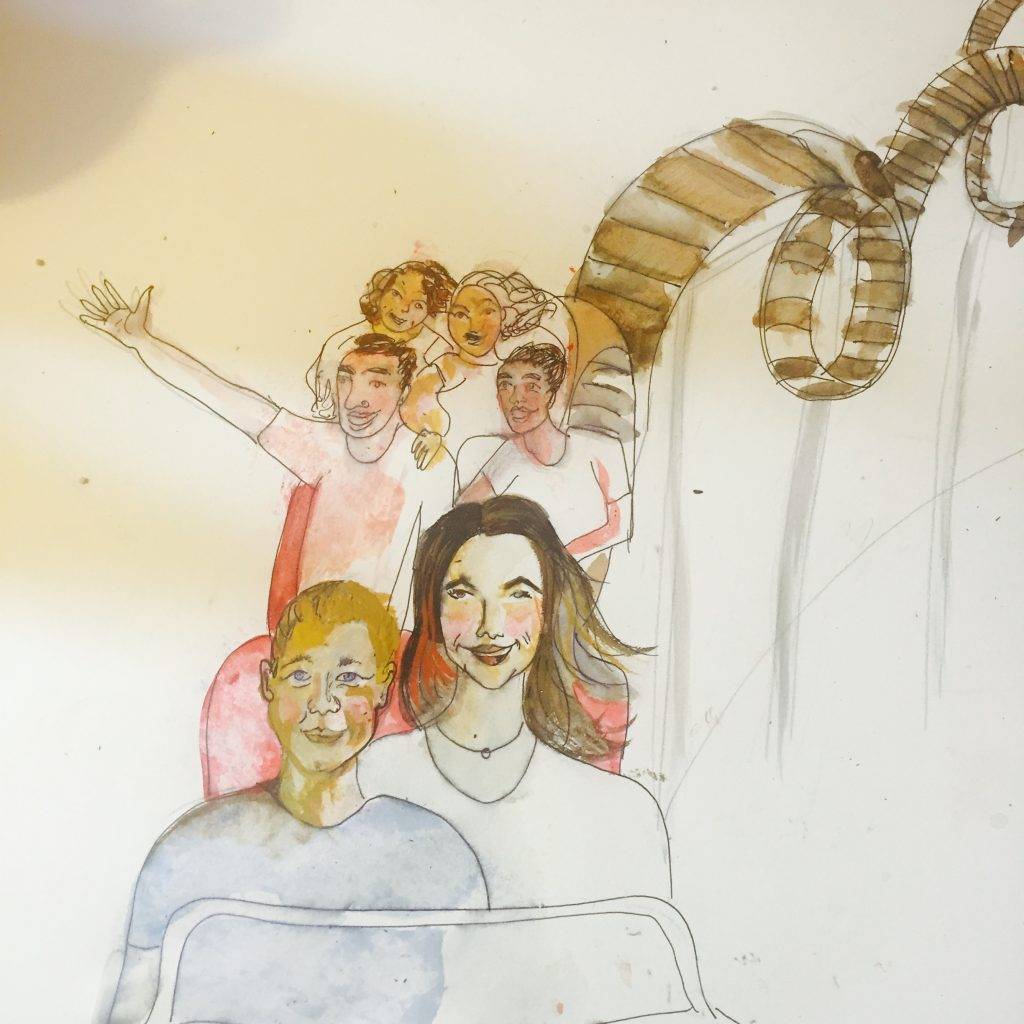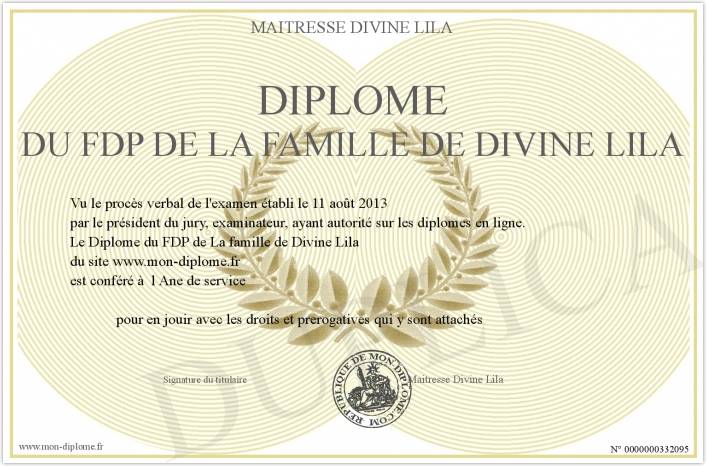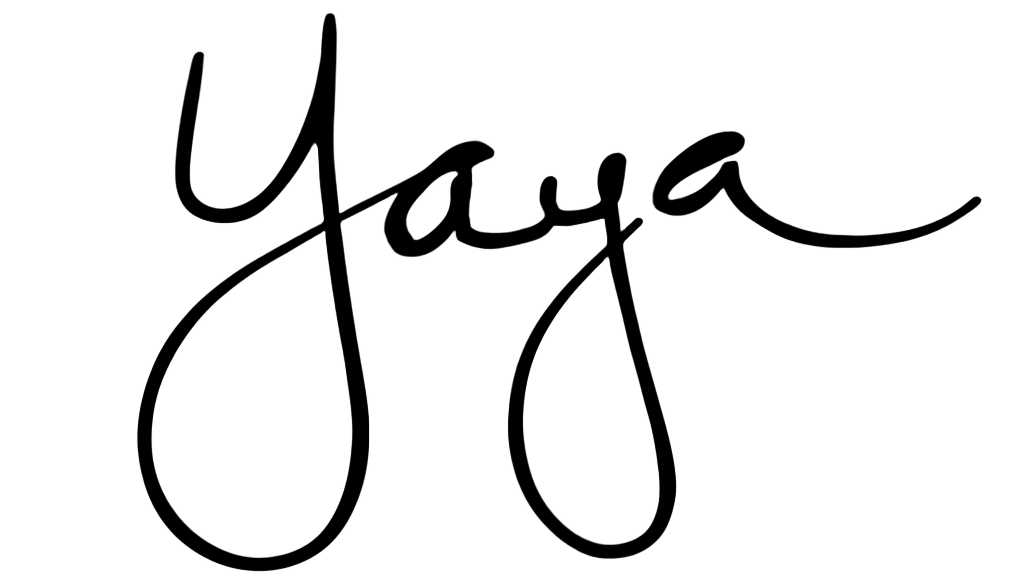Hello. My Name Is . . .

I am not who you think I am; I am not who I think I am; I am who I think you think I am. – Thomas Cooley, Symbolic Interactionist Do you ever get that strange and dislocating feeling that you’re not sure who you are? It often happens when you are traveling to new […]
The Happiest Place on Earth

I’ve learned to take my pleasures where I can; in my case, as those who know me know, that often involves Victorian novels in bed. I do not expect to find pleasure or its more evolved offspring, fulfillment, where pleasure is usually found: drunken nights, fancy food at expensive restaurants, and exotic sex are all, […]
Don’t Stop Until You’re Proud

All exists here, no doubt, for the delight of existence, all is a game or Lila; but a game too carries within itself an object to be accomplished and without the fulfillment of that object would have no completeness of significance. — Sri Aurobindo Here’s my advice: Stay in the game, whatever your game is. […]
